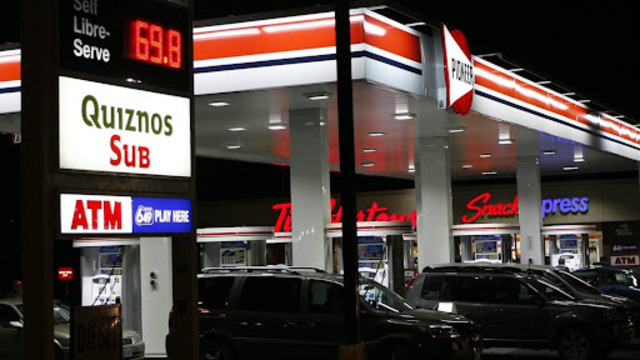
A pricing agreement has been reached between crab fishers and seafood processors that will allow for Newfoundland and Labrador's annual crab fishery to get started. THE CANADIAN PRESS/Paul Daly
A pricing agreement has been successfully negotiated between crab fishers and seafood processors in Newfoundland and Labrador, allowing the annual crab fishery to commence. Premier Andrew Furey played a crucial role in facilitating the deal between the Fish, Food and Allied Workers Union (representing inshore fishermen) and the Association of Seafood Producers.
Under the agreement, the minimum price for crab in the 2024 fishery season has been set at $3.00 per pound. This resolution comes after tensions rose due to last year's opening price of $2.20 per pound, which led crab harvesters to keep their boats idle for six weeks.
The frustration among crab fishers stemmed from the fact that they were earning significantly more—over $7 per pound—during the peak of the COVID-19 pandemic. Feeling shortchanged by the comparatively lower prices set by the government-appointed panel, fishers were compelled to voice their discontent.
In response, fishers had planned a protest outside the provincial legislature, which prompted urgency in reaching a pricing agreement to prevent further disruptions. This decision was particularly important considering the recent confrontations at the legislature, leading to the temporary closure of the Confederation Building due to safety concerns.
The successful negotiation not only averted a potential protest but also provided much-needed stability to the crab fishing industry in Newfoundland and Labrador. With the pricing deal in place, fishers can now proceed with confidence, knowing that their livelihoods are supported by fair and reasonable compensation for their catch.
Premier Andrew Furey's intervention highlights the government's commitment to fostering productive dialogue and finding solutions that benefit all stakeholders involved in the province's fishing industry. By bringing together representatives from both the fishing and processing sectors, the premier facilitated a collaborative effort that resulted in a mutually acceptable agreement.
The agreed-upon minimum price of $3.00 per pound reflects a compromise that acknowledges the concerns of both fishers and processors. While fishers sought higher prices to sustain their livelihoods, processors aimed to balance profitability with market demand. The negotiated price strikes a balance that ensures the sustainability of the crab fishery while also supporting the viability of seafood processing operations.
Looking ahead, the successful resolution of pricing negotiations sets a positive tone for the upcoming crab fishing season in Newfoundland and Labrador. With the pricing agreement in place, fishers can focus on their work with confidence, knowing that they will receive fair compensation for their efforts.
Moreover, the collaborative approach demonstrated in reaching this agreement serves as a model for addressing future challenges in the fishing industry. By prioritizing dialogue and cooperation, stakeholders can work together to overcome obstacles and ensure the long-term sustainability and prosperity of Newfoundland and Labrador's fisheries.















